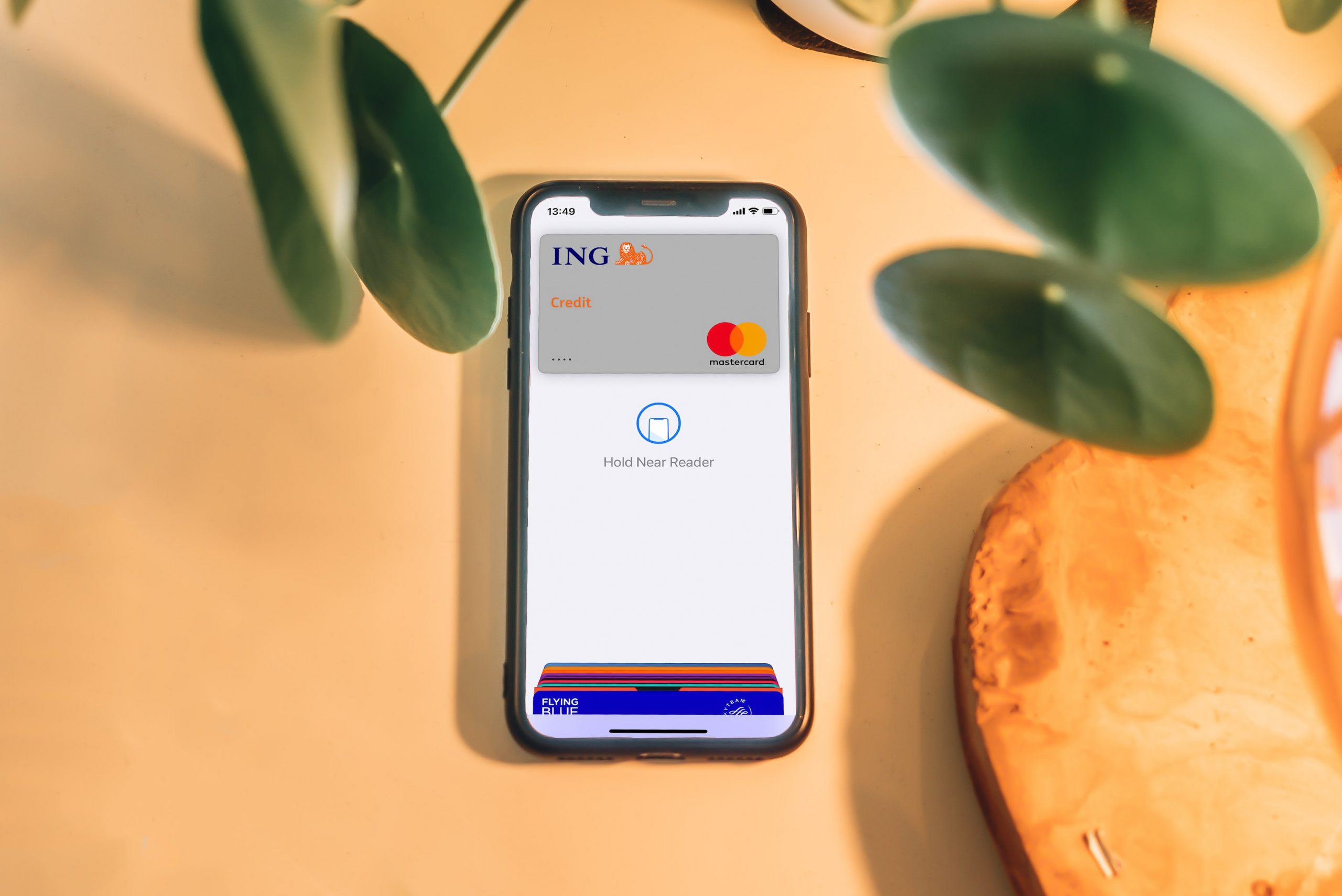A credit card is a tool to borrow money and make purchases. It is a type of revolving credit that means you need to get approved for the credit once.
Credit cards come with different interest rates, discounts, special deals, and benefits. You can choose the best credit card when you know its features and important information about it.
What is a Credit Card?
A credit card is made of plastic or metal that lets you pay for purchases or bills. You can withdraw cash using a credit card as well.
Unlike the debit card, the money you use with a credit card is borrowed money. The lenders charge interest and other types of charges against offering the facility.
Banks, credit unions, and credit card companies offer credit cards to customers with different features and fees.
How Does a Credit Card Work?
When you apply for a credit card, the lender will assess your creditworthiness. It will affect the lender’s decision in setting the interest rate, credit limit, and other conditions.
Once approved, you can use the credit card for online purchases, shopping, and bill payments. Each transaction you make will be authorized by the bank and will reduce your available limit.
You’ll need to repay the used credit amount within the grace period. After that, your lender will charge interest on the used amount.
You only need to be approved for a credit card once, and you have constant access to a set amount of credit.
What is Credit Limit?
The credit limit is the maximum amount of borrowed money that you can use with a credit card.
For instance, if your bank approved your credit card limit of $10,000, you can use the card up to this limit.
A credit card limit works like a revolving credit facility that does not require reapprovals.
What is a Grace Period?
A grace period is the number of days allowed by the credit card issuer to repay the borrowed amount without paying interest charges.
It starts at the end of the billing cycle and comes with a time of 21 or 25 days.
Some credit card transactions like cash withdrawals or funds transfers are excluded from the grace period.
How Does Paying Back a Credit Card Work?
If you repay the full amount within the grace period, you do not need to make interest payments. However, it is rarely the case when you have fully utilized the credit limit.
The total outstanding amount is divided into monthly installments. The number of monthly payments is equal to the credit card maturity usually.
Do I Pay for a Credit Card if I don’t Use It?
You do not have to pay any interest when you do not utilize the credit card. However, you’ll still pay the credit card annual fees, service charges, or any other charges levied by the lender.
It is possible to withdraw cash with a credit card, but it is expensive. You are charged interest on this cash advance immediately.
Do I Have to Use My Credit Card Every Month?
There is no restriction on using a credit card until its maturity. The credit card will remain effective unless you cancel it.
However, to keep the card active and improve your credit score, you should use the credit card at least once every three months.
Can You Withdraw Money with a Credit Card?
Yes, you can withdraw cash using a credit card. However, it comes with the caveat of a high cost.
Credit cards come with the highest APRs anyway. On top of that, you’ll have to pay cash advance fees as well.
Also, most credit cards do not allow a grace period for cash transactions. It means the cash withdrawal will instantly incur interest charges.
Do Credit Cards Have an Impact on Your Credit Score?
Credit cards have an impact on your credit score in different ways.
A credit card is a revolving credit. It affects your credit utilization rate with every transaction. Then, it adds to your credit mix if you apply for the credit card for the first time.
It also plays a role in creating your credit history. Your monthly installments and repayment of the principal amount become parts of your credit history.
Using a credit card well can improve your credit score significantly.
Credit cards can improve your credit score if you use the wisely.
What are the Advantages of a Credit Card?
A credit card offers several advantages:
- It is an easy line of credit for the borrower.
- You repay the borrowed money in installments.
- You can avoid the interest costs if you repay the full amount within the grace period.
- Most credit cards offer rewards and special deals.
- Many credit cards offer 0% APR deals for specific purchases as well.
- These cards come with many security features.
What are the Disadvantages of a Credit Card?
Some disadvantages of credit cards include:
- Credit cards come with high borrowing costs.
- Revolving credit often leads borrowers to an unending debt cycle.
- It can affect your credit score negatively when you fail to make installments on time.
- Cash advance comes with the added cost of advance cash fees and immediate interest charges.

